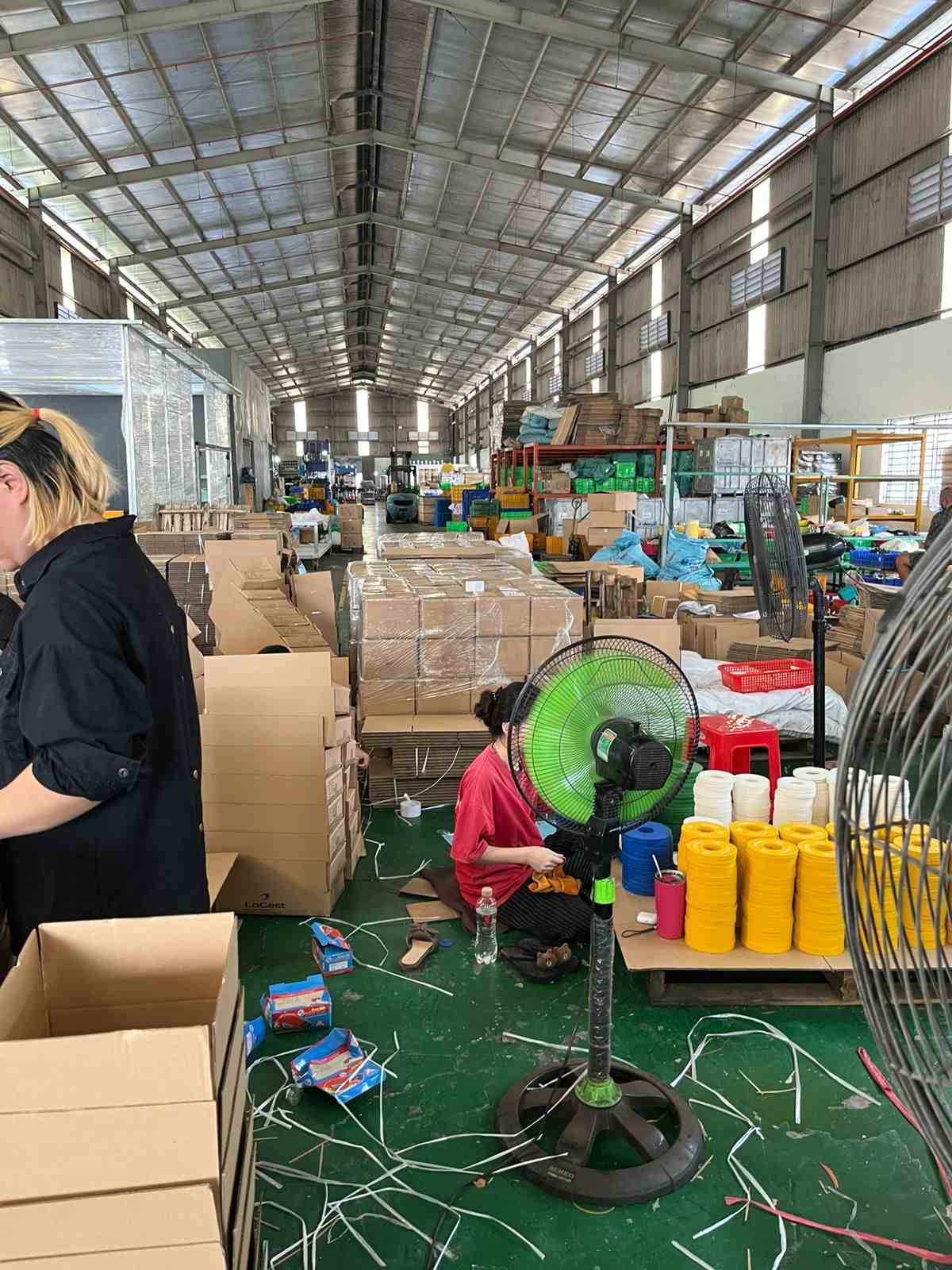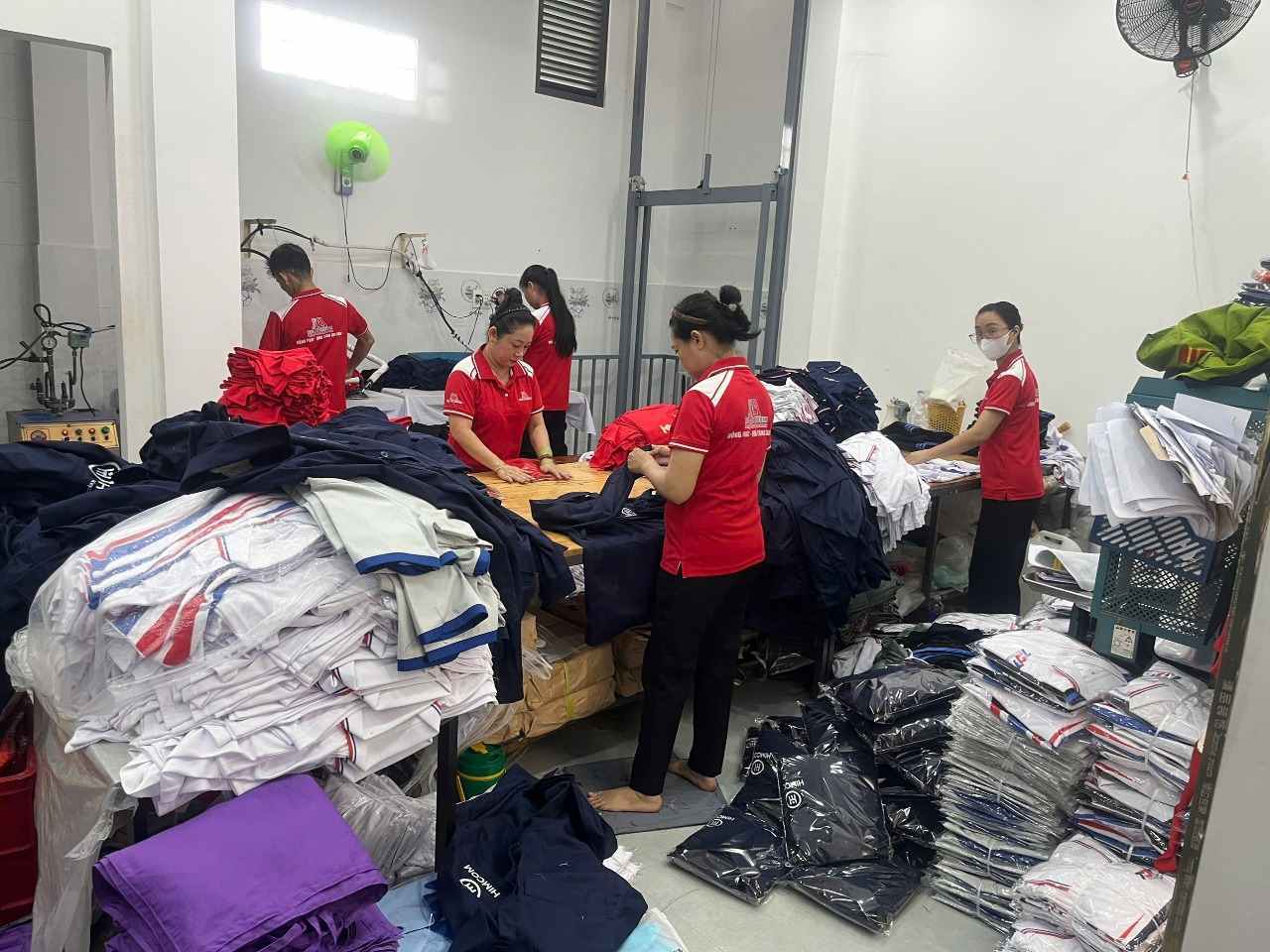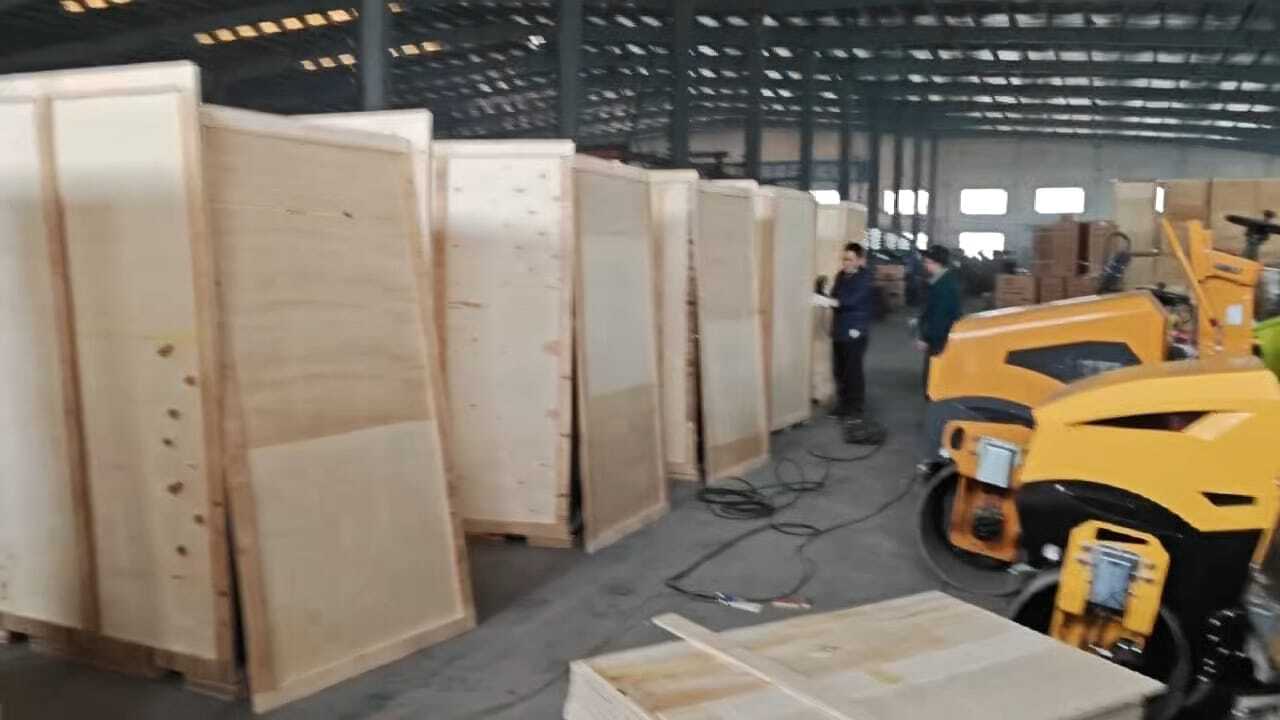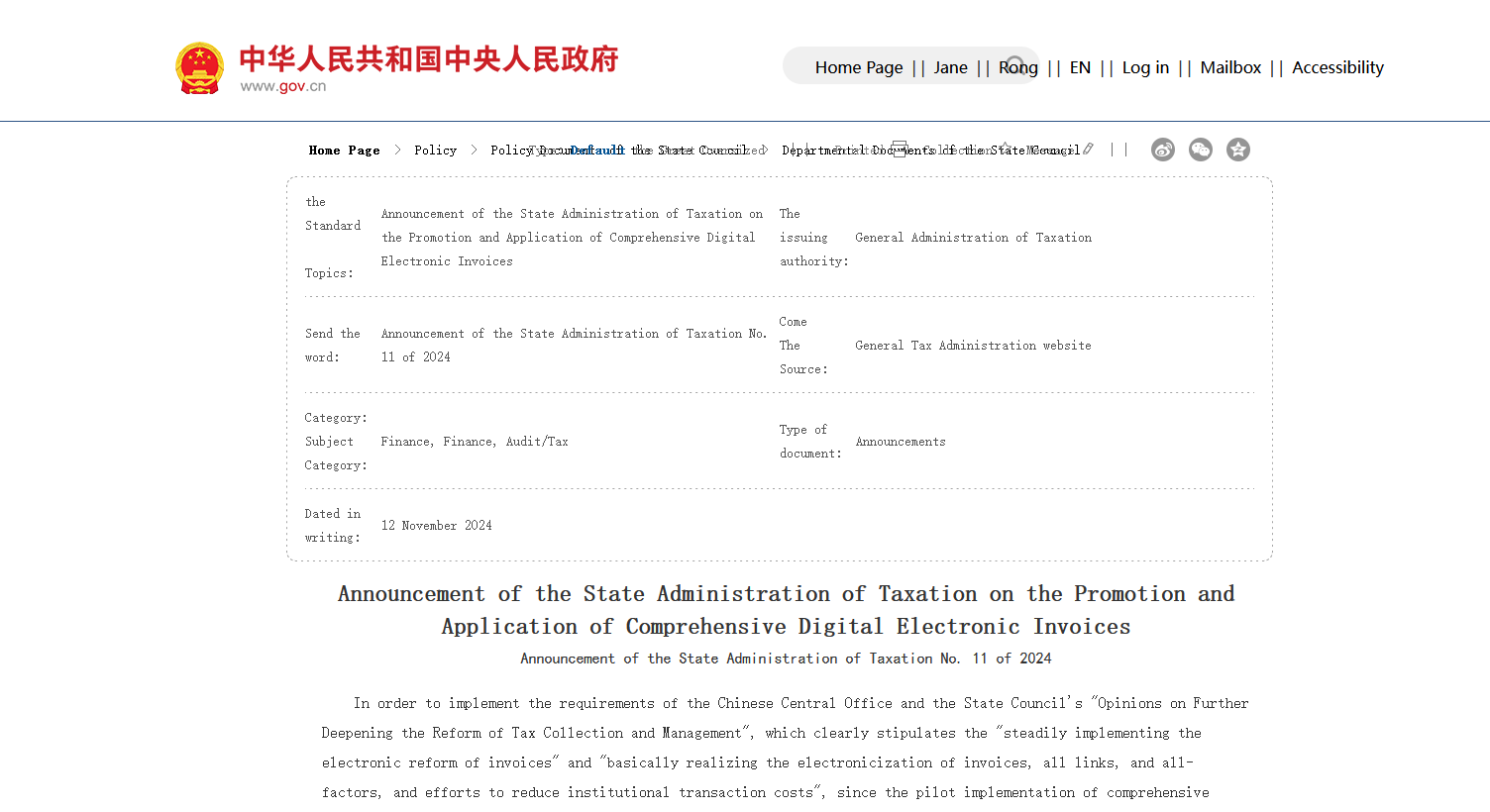The CBP Checklist Your Chinese Supplier Hopes You Never Ask For
Most importers approach compliance as if it’s their job alone. They build binders, save invoices, and hope their broker files things correctly. But the reality is this: your CBP audit risk lives inside your supplier’s records, not yours.
And here’s the conflict: your supplier’s instinct is to protect themselves, not you. Which means the documents CBP actually cares about are the ones you are least likely to see.
The Unspoken Conflict in Every Supply Chain
- You need truth.
- Your supplier survives on selective truth.
- CBP doesn’t care about intent. If your file is wrong, liability is yours as the Importer of Record.
That’s why so many importers lose audits—not because they didn’t try, but because they trusted supplier paperwork that doesn’t stand up to scrutiny.
What Really Happens After You Place an Order
Here’s the part most buyers don’t see.
A factory quotes based on material + making + misc + profit. Samples are approved, a price is negotiated, and the order is placed.
But once the contract is signed, the factory runs the numbers again—this time looking for ways to increase profit. And the easiest way is not selling you more, but giving you less.
- Material substitution: cheaper suppliers, downgraded inputs, or raw materials from risky sources. Cost becomes the driver, not compliance.
- Labor shortcuts: production shifted into prison workshops, where labor is cheapest but impossible to supervise. Even the factory boss often can’t visit during production.
- Workforce risks: extra hands pulled from the street, sometimes underage, almost always without protections or benefits.
- Sub-suppliers: upstream inputs from places you’ve never heard of, where worker conditions and compliance history are a mystery.
To a Western client, these are red lines. To the factory, they’re just options. And they will never appear on the sanitized paperwork you receive. But when CBP audits, this is exactly where they look.
The Supplier-Side Checklist (That Rarely Gets Shared)
If you want to be CBP-ready, you need to insist on the evidence your supplier prefers to keep in their drawer. Start with these:
- Bill of Materials with HS Mapping
Does your supplier provide a real BOM that ties inputs to tariff codes, or a sanitized summary?
- Factory License & Legal Entity Proof
Is the company you pay the same one on the export license and bank account? If not, why?
- Subcontractor Disclosure
Where exactly is the work happening? Capacity vs. order size tells CBP if subcontracting is hiding in the shadows.
- Raw Material Origin Documentation
If inputs touch Xinjiang or an AD/CVD-flagged source, your shipment is at risk—even if the final assembly is elsewhere.
- Bank Wire vs. Invoice vs. Declaration Reconciliation
CBP checks money trails. If your supplier can’t reconcile, neither can you.
- Worker & Production Records
Forced labor checks aren’t theoretical. Worker rosters, time logs, and audit reports matter.
Why Contracts Matter More Than Promises
Even if a factory swears up and down that they’ll comply, their business model is to optimize profit after the deal is signed. The only way to keep them from making “silent adjustments” is through contracts that leave no room for interpretation.
What your contracts must stipulate:
- No production relocation
The goods must be produced in the verified, approved facility. Moving production—even across the street—is a breach.
- No supplier swaps
Input suppliers that were confirmed and checked cannot be replaced without your prior written approval.
- No subcontracting
Production may not be outsourced to unapproved workshops, subcontractors, or prisons under any circumstances.
- Audit & inspection rights
You reserve the right to enter, verify, and audit the factory and its records without advance notice.
- Penalties for breach
If the supplier changes location, substitutes materials, or shifts to an unapproved subcontractor, penalties trigger automatically—large enough to outweigh any profit gained from cheating.
- Affidavits & renewals
Require suppliers to sign affidavits affirming compliance before, during, and after production, with annual renewal to keep documentation current.
This isn’t paranoia. It’s preparation. Factories may not start out cheating, but the economic incentives are always there. Contracts are what allow you to enforce your rights when the shortcuts appear.
How to Break the Conflict
- On-the-ground verification: Visit the factory, see the subcontractors, and geo-tag the proof.
- Lawyer-backed contracts: Make disclosure a contractual obligation, with penalties built-in.
- Parallel audits: Don’t just rely on supplier submissions—cross-check with independent verification.
This is what turns selective truth into enforceable truth.
If CBP knocked tomorrow, would your supplier’s paperwork survive?
Asia Agent makes sure you’re not betting on selective truth. We force disclosure with in-person verification, enforceable contracts, and audit-ready evidence packs—so when CBP checks, you’re already holding the file they demand.
Book a Strategy Call Today — Don’t Let a Supplier’s Silence Become Your Liability.
Frequently Asked Questions
Q: What supplier documents does CBP expect U.S. importers to have from China?
CBP expects importers to hold factory licenses, BOMs mapped to HS codes, worker records, and proof of raw material origin. Relying only on invoices and packing lists from a Chinese supplier is not enough.
Q: Can CBP detain shipments from China if my supplier changes factories without telling me?
Yes. If production is moved to a prison workshop or unverified subcontractor, CBP can detain the shipment. Contracts must prohibit relocation without prior written approval.
Q: Why is bank wire vs. invoice reconciliation important for CBP audits?
CBP checks that declared customs values match actual payments. Many Chinese suppliers use multiple entities—one for shipping, another for payment. If documents don’t reconcile, the importer, not the supplier, faces penalties.
Q: How can U.S. importers verify that Chinese suppliers are not using prison labor?
Independent, on-the-ground factory verification is essential. Paper assurances are unreliable. Importers should require audit rights in contracts and use third-party verification to confirm no prison or forced labor is used.
Q: What should a contract with a Chinese supplier include for CBP compliance?
A strong contract must state:
- No subcontracting or relocation of production
- No supplier swaps without written consent
- Audit and inspection rights at any time
- Automatic penalties for breaches
- Renewal of affidavits confirming compliance
Q: How does Asia Agent help importers sourcing from China prepare for CBP audits?
Asia Agent performs face-to-face factory audits, secures supplier affidavits, drafts enforceable contracts with local lawyers, and prepares audit-ready evidence packs. This ensures importers are protected when CBP requests proof.
Q: Can I rely on my Chinese supplier’s certificates to pass a CBP audit?
No. CBP will not accept generic certificates as proof of compliance. They require traceable, verifiable documentation—supply chain maps, contracts, and transaction evidence. Self-issued documents from suppliers carry little weight.
Q: Is it risky if my goods are produced outside Xinjiang but still sourced in China?
Yes. CBP checks upstream suppliers as well. Even if final assembly is outside Xinjiang, inputs like cotton, aluminum, or PVC can trigger detention under UFLPA if linked to high-risk regions.




